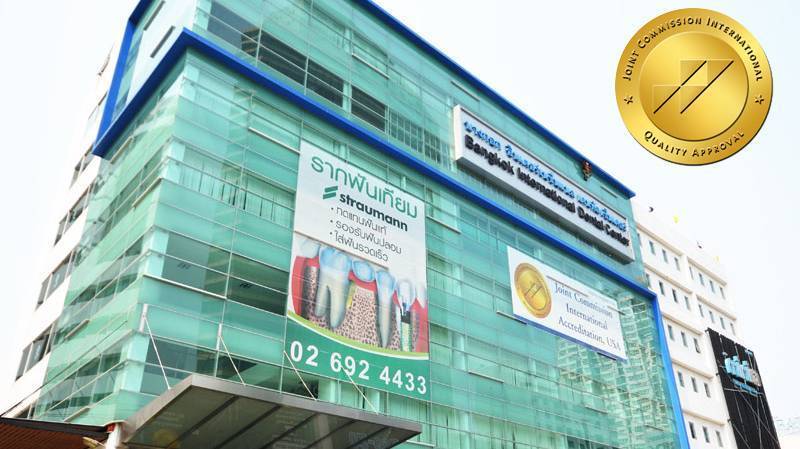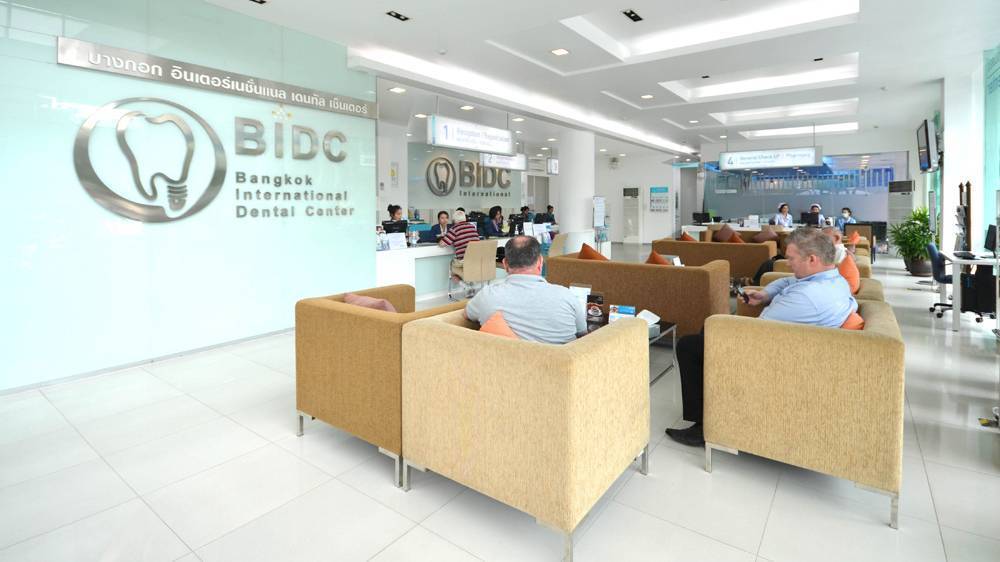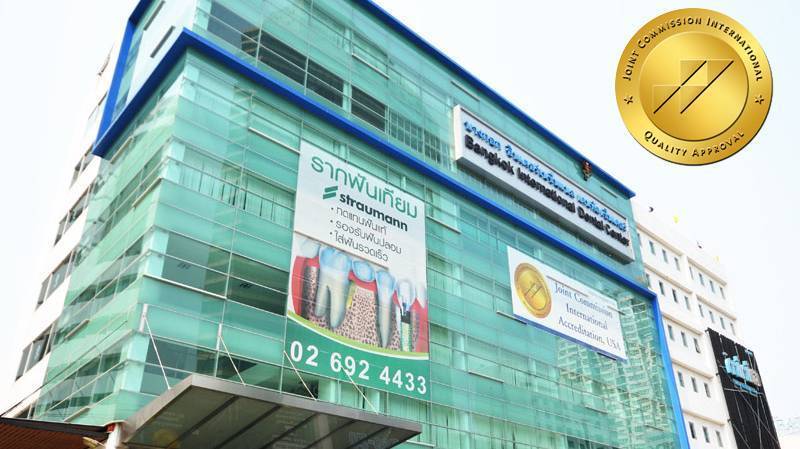It Is Suitable For
· Those in Bangkok looking to repair chipped or cracked teeth.
· Those who want to close gaps or spaces between teeth.
· Those who want to improve the shape, length, or colour of the tooth.
· Those who wish to get a quick, minimally invasive dental solution.
· Those who wish to try a reversible solution to enhance their smile.
What Is Dental Bonding?
Dental Bonding is a cosmetic dental procedure that uses a tooth-coloured composite resin to enhance smiles. It can repair teeth chips, cracks, or discolouration, also close teeth gaps, lengthen teeth, as well as alter tooth shape. Unlike porcelain veneers, Dental Bonding is reversible, minimally invasive, and can be completed in a single office visit. The same composite resin can also be used in restorative dentistry, such as filling cavities, replacing old fillings, or protecting exposed tooth roots. Dental Bonding offers an affordable, versatile, and convenient way to improve smiles quickly.
How It Works
During Dental Bonding, the dentist at our affiliated clinic elects a resin colour that matches patients’ natural teeth. The tooth surface is slightly roughened, and a conditioning liquid is applied to help the resin adhere. The composite resin is then applied, shaped, and smoothed to the desired form.
A special curing light hardens the material, bonding it to the tooth. Finally, the dentist polishes the surface to achieve a natural shine. The procedure typically takes 30 to 60 minutes per tooth and usually does not require anesthesia.
Dental Bonding Procedure
1. Consultation and oral examination will be conducted.
2. Tooth surface will be prepared and shade selection will be done.
3. Composite resin will be applied, molded, and smoothed.
4. Special curing light will be used to harden the resin.
5. Tooth will be polished.
6. Post-care instructions will be done.
Advantages and Limitations of Dental Bonding
<Advantages>
· Enhances smile quickly
· Fixes teeth chips, cracks, and gaps
· Improves tooth appearance
· Provides natural-looking results
· Protects exposed roots
· Allows for reversible treatment
<Limitations>
· May be less stain-resistant than porcelain dental veneers or crowns.
· Not suitable for major cosmetic transformations
FAQ
Q1: How long can Dental Bonding last?
A1: Dental Bonding typically lasts 3 to 10 years depending on your oral habits, the location of the bonded teeth, and how well you care for them. Touch-ups or replacements may be needed over time.
Q2: Can teeth rot under Dental Bonding?
A2: Dental Bonding itself does not cause tooth decay. However, poor oral hygiene around the bonded area can lead to cavities or gum problems; hence, brushing, flossing, and regular dental visits are essential.
Q3: How many times can I get Dental Bonding?
A3: There is no strict limit. Since Dental Bonding is reversible, you can have it reapplied or replaced multiple times over the years as needed, as long as your natural teeth remain healthy.
Q4: Who is not suitable for Dental Bonding?
A4: Dental Bonding may not be suitable for people with severe tooth decay, gum disease, or heavy teeth grinding. Those needing major cosmetic changes may be better suited for dental veneers or crowns.
Q5: Does Dental Bonding look fake?
A5: No, when done by a skilled dentist at our affiliated clinic, Dental Bonding matches your natural tooth colour and shape, giving a natural and seamless appearance.
Clinic Information
[Clinic Name] Bangkok International Dental Center (BIDC)
[Location] Bangkok, Thailand
[Nearest Station/ Nearest Tourist Destination] Near MRTA Thailand Cultural Center
[Clinic Opening Time] Monday to Saturday (9:00AM – 8:00PM)
Terms of Service
Trambellir is a health tourism platform and does not in any way provide, promote, or sell any
medication or medical treatment to the Customers.
Customers are advised to contact the healthcare providers directly for any enquiries related to
medical treatments.




